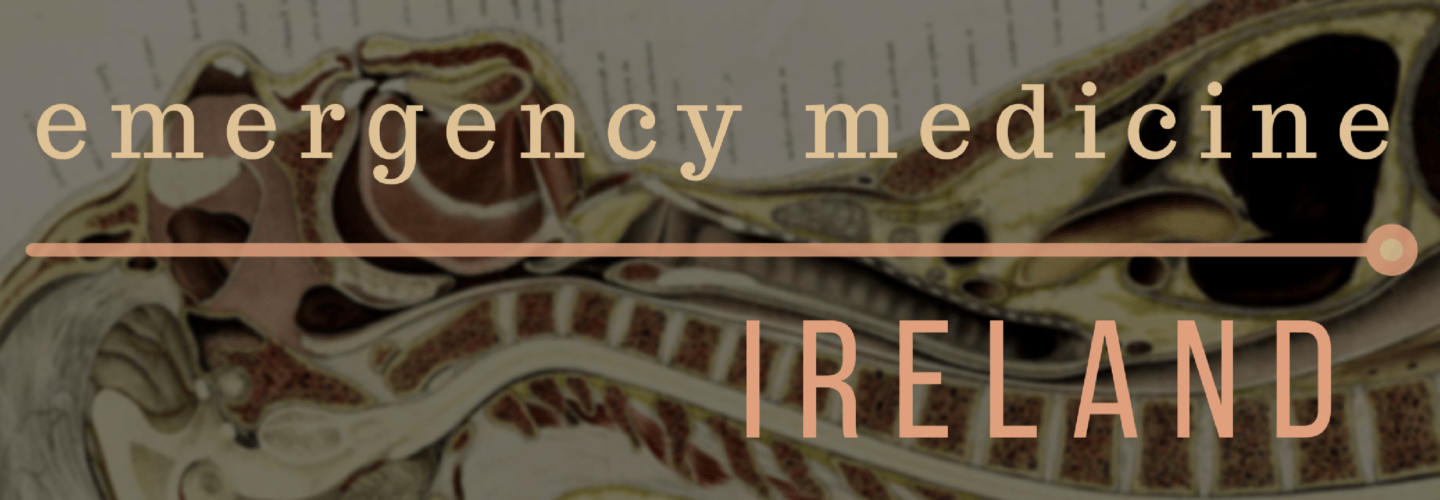I’m entering a few months prep for the UK and Ireland exit exam in Emergency Medicine: the FRCEM. I’ll be adding lots of little notes on pearls I’ve learned along the way. A lot of my revision is based around the Handbook of EM as a curriculum guide and review of contemporary, mainly UK guidelines. I also focus on the areas that I’m a bit sketchy on. With that in mind I hope they’re useful.
You can find more things on the FRCEM on this site here.
A few points from Rosens 8th (in the paeds section of all places…) the extensive UroWeb guidelines and EM Curious Blog
When does this happen and what types exist?
- Persistent and painful erection. The glans is often soft while the corpus is tense
- High flow
- less common and often painless.
- classically with spinal injury
- Low flow
- much more common, lots of pain
- due to decreased venous outflow
- sickle cell and leukemia are the big medical causes
- drugs associated are
- antipsychotics (apparently have alpha blocking effects)
- antidepressants
- alpha blockers
- heparin and warfarin both on this list too…
- the rest are iatrogenic from injectable treatments for impotence
[collapse]
Describe ED management?
- In the early stages (>4hrs)
- in the case of priapism from injectable substances injecting something like phenylephrine (0.1-0.5 mg/ml concentration in 1 ml boluses up to total 1mg) can help (UroWeb has this as first line)
- aspiration from each corpus (UroWeb). 50mls is a reasonable number
- remember there are 2 corpus cavernosa, one on each side so they need separate aspirations
- Penile nerve block can be helpful
- If simple aspiration hasn’t worked then irrigation can help (you know it’s working when you see fresh well oxygenated blood coming back)
- For sickle cell patients they recommend the usual opiates and fluids that you might use in any crisis
- Oral terbutaline is in the UroWeb guideline but i don’t know how available this is and by all accounts it doesn’t work great…
[collapse]
